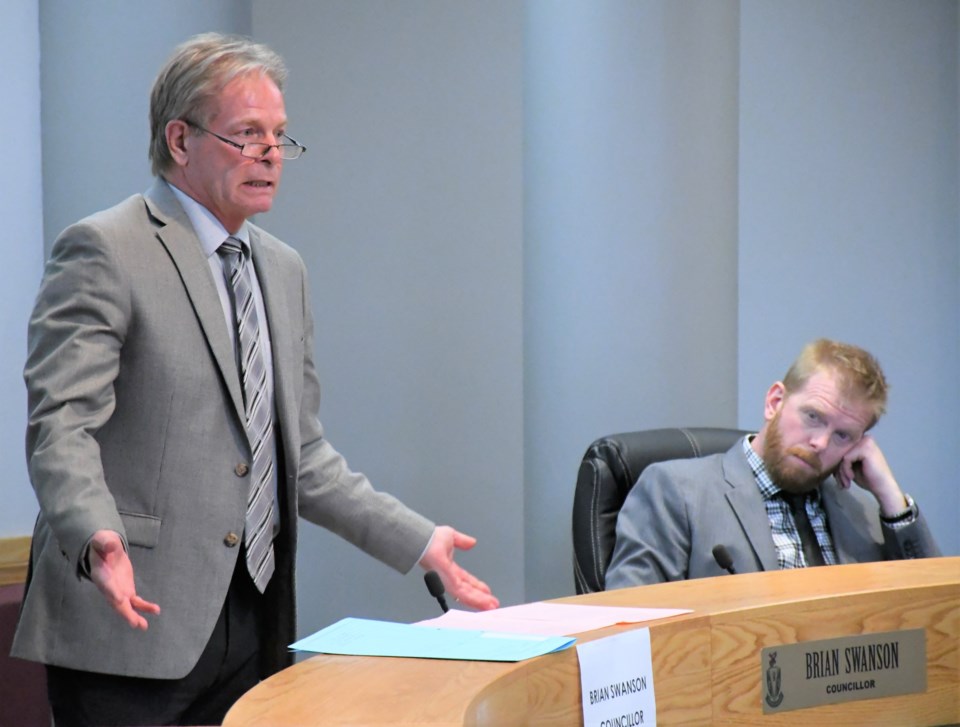A new agreement between two golf courses and the city could force taxpayers to cover repairs to aging water infrastructure should that equipment break down, a city councillor argues.
During its July 13 regular meeting, city council voted 6-1 to officially waive the 2019 irrigation fees for Hillcrest and Lynbrook golf courses and enter into an agreement with the organizations for water irrigation rates.
Furthermore, council agreed to calculate the water rates based on a five-year rolling average less the municipality’s cost for weed control; divide the calculated rate equally between the golf courses; waive any administration fees, and; include a clause in the agreement that council could not guarantee the provision of water from Snowdy Springs if the infrastructure becomes inoperable.
Coun. Brian Swanson was opposed; he attempted to convince council that there were too many flaws with the agreement and that council should reconsider it.
Until 1955, the City of Moose Jaw obtained its water supply from those springs, located in the southwest corner of the city, he explained. Once construction of the Buffalo Pound Water Treatment Plant and transmission lines occurred, however, the municipality stopped using the springs for potable water.
The water from Snowdy Springs is pumped into the Moose Jaw Creek, which is then pushed to the centre of the city and is from where the golf courses take the water to manage their greens.
“It’s fortunate that they don’t have to use treated water, otherwise, the costs would be higher,” said Swanson.
A recent concern is that the springs’ water infrastructure is old and breaking down, he continued. The pumps are inefficient, the dam has issues, and there will be expenses if the present system continues to operate.
While Swanson understood that the golf courses wanted a good deal, he didn’t think the municipality negotiated a solid agreement for residents. For example, there was no reason to write off the irrigation fees for 2019 when — contrary to the golf courses’ claim — COVID-19 affected the community starting this past March and not last year.
Furthermore, the new agreement didn’t include any provision for looming capital costs, he continued. If council isn’t careful, the pumps could break down, or the dam falters, and a report would then say these need to be fixed and “taxpayers would be on the hook to provide inexpensive water to the golf courses.” The only cost the golf courses would have to cover would be minor repairs to broken pipelines.
“This agreement proposes that they pay an average of the last five years. But the problem is SaskWater raises its rates every year,” said Swanson. “I don’t understand why the golf courses don’t pay the actual costs every year.”
He added that it would be prudent planning to look after the infrastructure costs ahead of time.
The next regular council meeting is Monday, July 27.




